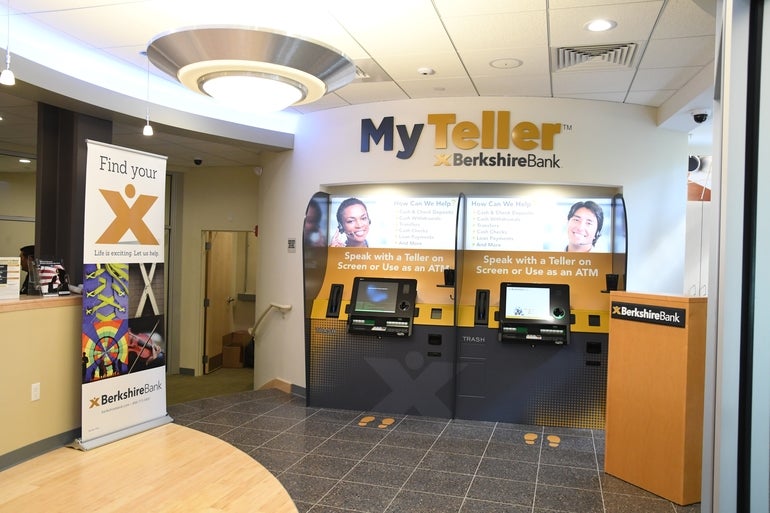From technological innovations to changing the concept of traditional banking, the future of finance is going digital and breaking free from its previous brick and mortar confines.
Get Instant Access to This Article
Subscribe to Worcester Business Journal and get immediate access to all of our subscriber-only content and much more.
- Critical Central Massachusetts business news updated daily.
- Immediate access to all subscriber-only content on our website.
- Bi-weekly print or digital editions of our award-winning publication.
- Special bonus issues like the WBJ Book of Lists.
- Exclusive ticket prize draws for our in-person events.
Click here to purchase a paywall bypass link for this article.
Financing and banking are the lifeblood of all businesses and organizations. From technological innovations to changing the concept of traditional banking, the future of finance is going digital and breaking free from its previous brick and mortar confines
Physical bank locations will transform
For years, banking apps and online banking have offered convenience, security, and efficiency. Initially, popular among younger demographics, online banking saw a huge surge across all ages when coronavirus lockdowns forced users to quickly adapt. The increase in online banking has changed the way that banks look at their physical locations and the traditional teller banking-model. Some banks see the technological transition as an opportunity to turn physical locations into consultation centers focused on services not easily provided through an app, such as one-on-one advice. However, others see a future where branches are completely automated where clients meet with tellers virtually. Meanwhile, other institutions plan on consolidating their workforces and eliminating unnecessary physical branches. Remote work and users accustomed to online banking have opened new doors for changing the way banking services are delivered.
A greater threat of ransomware
As the world came to a stand still during the lockdowns, businesses had to quickly adapt to online models and or risk going under. Through the power of innovation, new models and software systems were developed to fill this need. This also demonstrated the importance of cybersecurity as online purchases, financial information, personal data, and credit cards, are accessible to hackers and scammers alike. Ransomware, the withholding of an organization’s important online data by hackers in exchange for payment, spiked significantly in 2021. Cybersecurity will need to be proactive and innovative in order to protect the ever-increasing number of online users and businesses from ransomware.
Fintech startups will rival traditional banks
While financial technology is used by all banking and financial institutions, the future of fintech startups is experiencing unprecedented growth. Apps such as Venmo, Cash App, and Zelle allow instant financial transactions to take place while other services like Mint encourage saving habits and budgeting. Fintech startups are giving the public unprecedented access to the financial services they need. The new generation of fintech startups can be used by anyone with access to a smartphone and do not require savings accounts. More than 60% of Americans do not have more than $400 in their banking accounts, said Robert Sarnie, Worcester Polytechnic Institute professor of practice of finance and director of the WPI FinTech Collaborative and Wall Street FinTech Project Center. Fintech startups are raising the level of competition as they change the banking landscape through innovation and accessibility.

